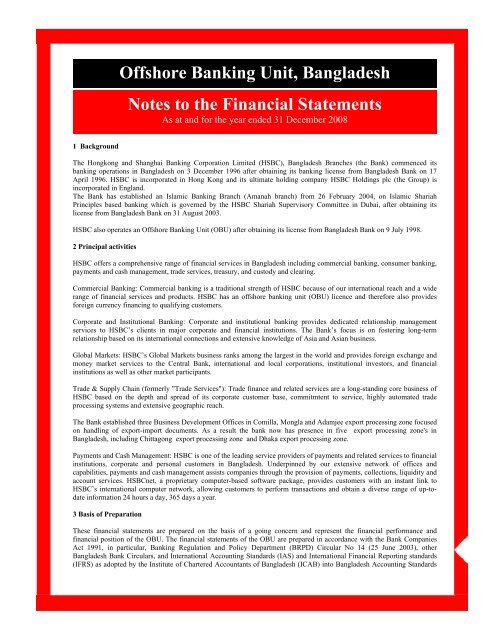Expert Insights on Navigating Offshore Company Formation Effectively
The intricacies included in browsing the complexities of offshore business formation can be discouraging for even experienced business owners. As we delve into the subtleties of selecting the appropriate jurisdiction, understanding lawful needs, managing tax ramifications, establishing banking relationships, and making sure conformity, a wealth of knowledge awaits those seeking to grasp the art of offshore firm development.

Selecting the Right Territory
When thinking about overseas firm formation, picking the appropriate territory is a vital choice that can significantly influence the success and operations of business. Each jurisdiction uses its very own set of legal structures, tax guidelines, privacy laws, and monetary rewards that can either prevent a company or profit's purposes. It is vital to perform extensive research study and look for professional assistance to ensure the selected territory lines up with the firm's goals and demands.
Variables to consider when selecting a territory consist of the political and financial stability of the region, the convenience of doing service, the degree of financial personal privacy and confidentiality offered, the tax implications, and the regulative setting. Some jurisdictions are understood for their beneficial tax obligation frameworks, while others focus on personal privacy and property protection. Comprehending the distinct features of each territory is crucial in making an informed choice that will certainly support the long-term success of the offshore business.
Eventually, choosing the right jurisdiction is a strategic action that can offer opportunities for growth, property defense, and functional performance for the overseas company.
Comprehending Legal Requirements
To make sure conformity and legitimacy in offshore company formation, a comprehensive understanding of the lawful needs is important. Different territories have differing legal frameworks controling the facility and operation of offshore firms. It is necessary to perform detailed study or seek expert suggestions to comprehend the particular lawful specifications in the selected jurisdiction. Usual legal needs might include signing up the company with the proper governmental bodies, sticking to anti-money laundering policies, keeping accurate economic records, and meeting tax obligation responsibilities. Additionally, recognizing the reporting requirements and any type of required disclosures to governing authorities is critical for continuous conformity. Failure to adhere to legal demands can lead to extreme consequences, such as penalties, penalties, and even the dissolution of the offshore business. Therefore, staying informed and up to date with the lawful landscape is essential for efficiently navigating overseas business formation and making sure the lasting sustainability of the service entity.
Browsing Tax Implications
Understanding the elaborate tax implications connected with offshore firm development is essential for guaranteeing compliance and maximizing economic methods. Offshore firms frequently offer tax obligation benefits, however navigating the tax obligation landscape requires extensive knowledge and appropriate planning. One essential consideration is the idea of tax residency, as it determines the territory in which the business is exhausted. It's necessary to comprehend the tax obligation regulations of both the overseas jurisdiction and the home nation to stop double tax or unintentional tax consequences.

Additionally, transfer rates laws need to be carefully reviewed to make sure transactions between the overseas entity and related celebrations are performed at arm's length to prevent tax obligation evasion allegations. Some jurisdictions provide tax motivations for details industries or activities, so recognizing these motivations can help take full advantage of tax financial savings.
In addition, keeping up to day with evolving worldwide tax obligation regulations and compliance demands is vital to prevent charges and keep look at here now the company's track record. Looking for specialist advice from tax professionals or experts with experience in overseas tax matters can offer useful understandings and ensure a smooth tax planning process for the offshore company.
Setting Up Financial Relationships
Developing safe and secure and reputable banking relationships is a critical step in the procedure of overseas business development. When setting up financial relationships for an offshore business, it is necessary to choose reliable monetary establishments that offer services tailored to the particular needs of worldwide companies.
Furthermore, before opening a checking account for an overseas company, thorough due diligence procedures are generally required to confirm the legitimacy of the business and its stakeholders. This may entail providing thorough documentation regarding the firm's tasks, resource of funds, and advantageous proprietors. Constructing a participating and transparent connection with the chosen bank is crucial to browsing the intricacies of overseas financial efficiently.
Guaranteeing Conformity and Coverage
After establishing safe and secure financial partnerships for an offshore firm, the next crucial action is making certain compliance and reporting steps are carefully adhered to. Conformity with international regulations and local regulations is paramount to maintain the authenticity and online reputation of the overseas entity. This consists of adhering to anti-money laundering (AML) and know your client anonymous (KYC) demands. Routine reporting responsibilities, such as monetary statements and tax filings, must be met to remain in good standing with regulatory authorities. Engaging lawful and economic experts with know-how in overseas jurisdictions can help browse the intricacies of conformity and reporting.

Failing to abide by policies can result in extreme fines, penalties, or perhaps the revocation of the overseas business's license. Remaining watchful and aggressive in making sure compliance and reporting needs is important for the long-term success of an overseas entity.
Final Thought
Finally, effectively browsing offshore firm formation calls for mindful factor to consider of the jurisdiction, legal requirements, tax obligation implications, financial relationships, compliance, and reporting. By recognizing these crucial aspects and ensuring adherence to guidelines, services can establish a strong foundation for their overseas operations. It is critical to seek expert advice and expertise to navigate the complexities of overseas firm formation successfully.
As we dive into the nuances of picking the ideal territory, understanding legal requirements, taking care of tax ramifications, developing banking connections, and guaranteeing conformity, a wealth of knowledge waits for those looking for to master the art of offshore firm development.
When taking into consideration overseas firm development, choosing the suitable jurisdiction is a vital decision that can substantially impact the success and operations of the business.Understanding the detailed tax obligation effects linked with offshore business development is important for making sure compliance and optimizing financial approaches. Offshore business often provide tax obligation benefits, but navigating the tax landscape calls for complete understanding and correct preparation.In final thought, successfully navigating overseas business formation calls for careful consideration of the territory, legal needs, tax implications, financial connections, compliance, Read More Here and reporting.